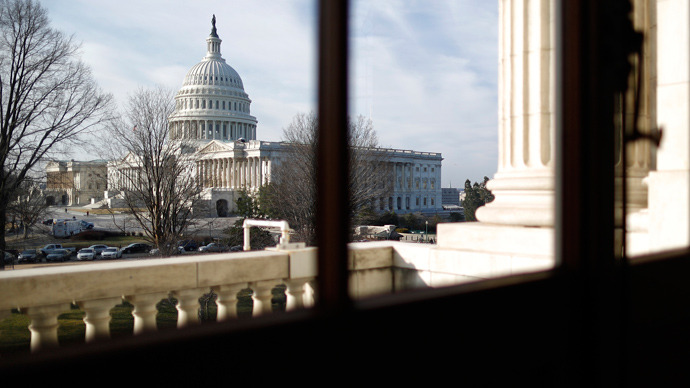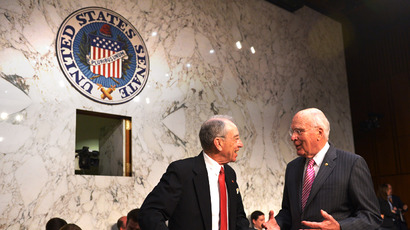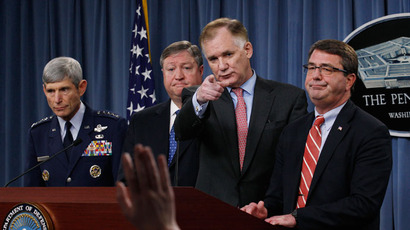White House explains 'fundamental concerns' about CISPA

Obama administration officials responded Tuesday to an online petition campaigning against the controversial Cyber Intelligence Sharing and Protection Act legislation that passed through the House of Representatives on April 18.
Obama claimed he would issue a presidential veto on the bill when it was initially proposed in 2012 and has maintained that stance during the law’s resurgence, citing privacy concerns. CISPA would grant corporations and the federal government an unprecedented amount of legal leeway to share personal information about Internet users.
The American Civil Liberties Union (ACLU) and Electronic Frontier Foundation (EFF) have been vocal in their opposition of the bill. A last-minute, closed-door meeting by the House Intelligence Committee adopted three amendments to the bill just before CISPA passed in the House.
Those amendments failed to address the ACLU and EFF’s concerns, most notably a lack of oversight regarding information sharing and dangerously vague language in the bill. Representative Mike Rogers (R-Michigan), a CISPA co-sponsor, has asserted that the law is necessary to protect national security and prevent a cyber-attack.
“Even though a bill went on to pass the House of Representatives and includes some important improvements over previous versions, this legislation still doesn’t adequately address our fundamental concerns,” the White House response issued Tuesday reads.
“But it’s not good enough to just stop things: We’ve got to work together, with legislators on Capitol Hill, technology experts from the private sector, and engaged associates like you to advance cyber-security legislation without compromising privacy.”
A “We the People” petition on the bill attracted more than 100,000 signatures, the number necessary to warrant an official White House response.
CISPA opponents have reason to celebrate, though, as the bill is widely considered dead. After passing through the House, legislation is required to pass through the Senate before reaching the president. With Obama’s opposition firmly intact, the Senate has given little indication that the bill is even up for consideration, although Sen. Dianne Feinstein (D-California) said Monday that a group of Senators is “currently drafting a bipartisan information sharing bill.”
The White House response advised lawmakers to “not provide broad immunity for businesses and organizations.” The administration also recommended “minimizing information that can be used to identify specific individuals” by stripping web user information of personally identifying characteristics, a proposition the House Intelligence Committee refused to hear before sending CISPA to the chamber for a vote.














